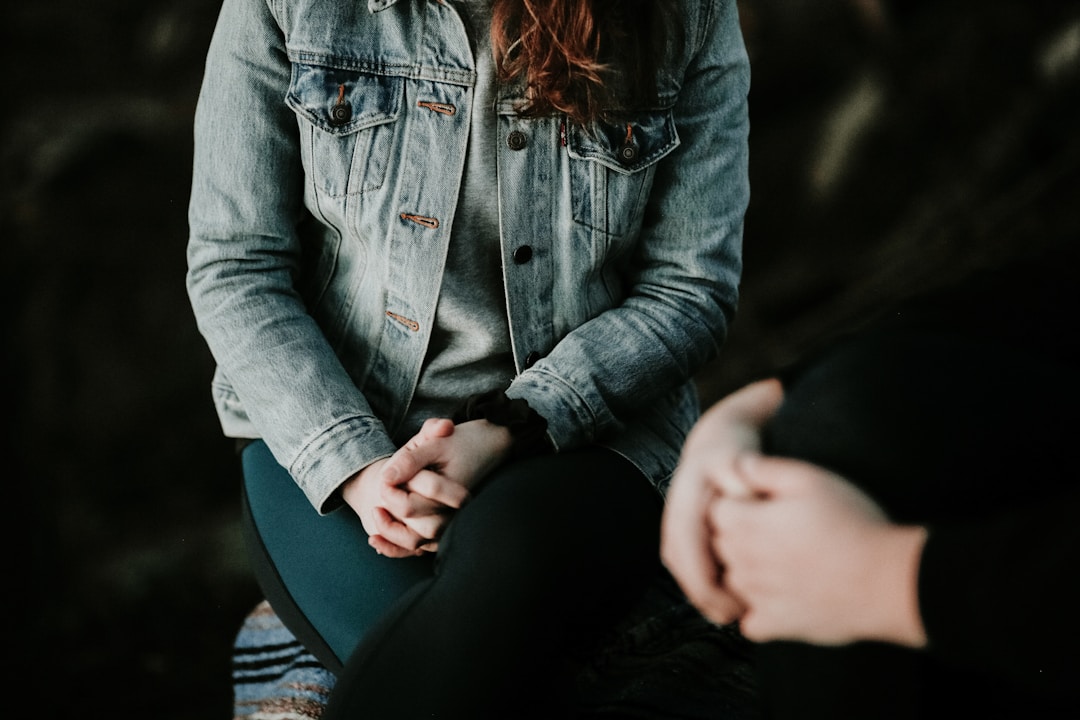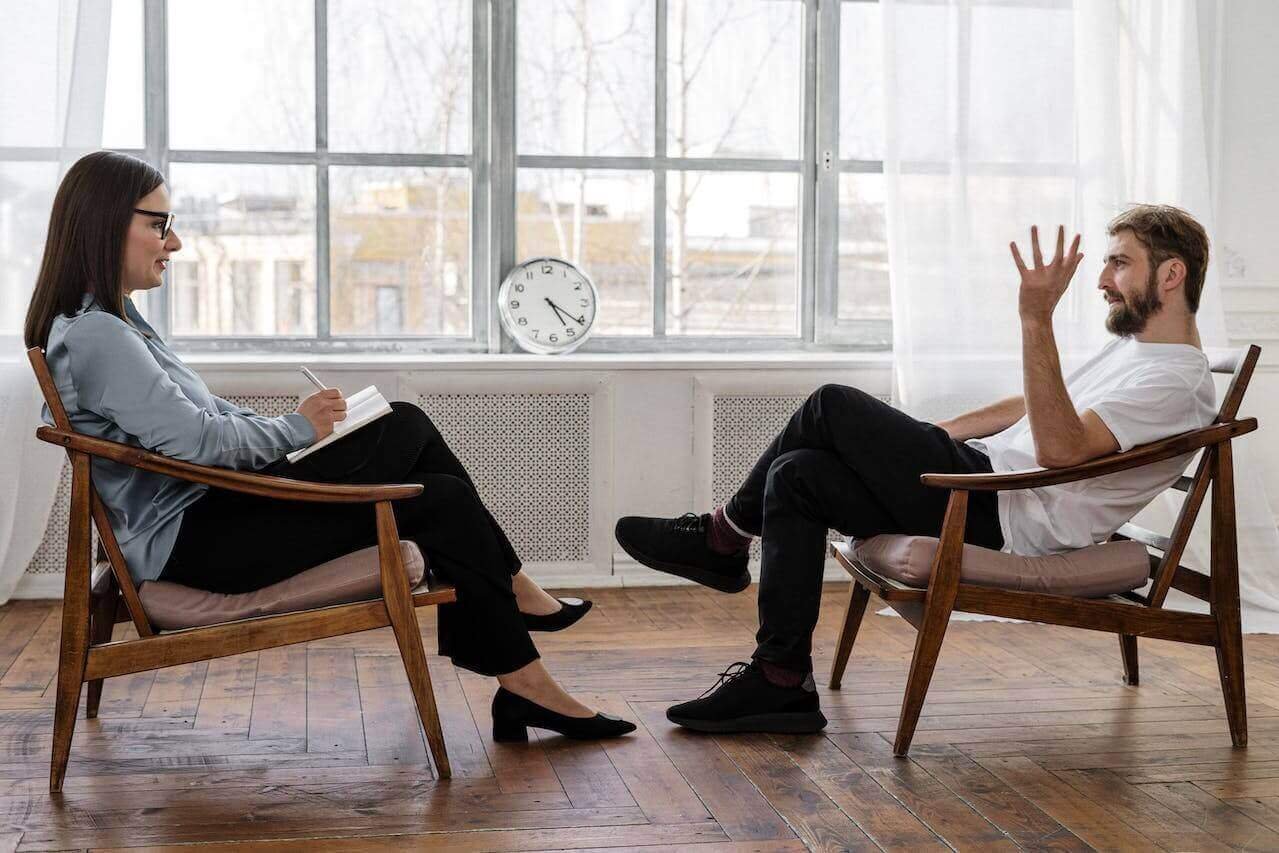Couples Counselling is a wise investment for relationships of any kind. It offers a safe and neutral space for effective communication, equips couples with invaluable tools for conflict resolution, and can even serve as a preventive measure. With the guidance of a skilled therapist, couples can navigate through challenging times and create a stronger, healthier, and more fulfilling partnership. Keep reading to learn more about this process and the potential benefits for your relationship.
Understanding the Basics of Couples Counselling

Couples counseling, also known as couples therapy, is a type of psychotherapy designed to help couples of all types. Its purpose is to resolve conflicts and improve the quality of relationships by encouraging open communication, enhancing mutual understanding, and fostering healthier emotional and physical connections between partners. Any couple facing challenges can benefit from couples counseling, including married, unmarried, straight, LGBTQ+, and even those in strong relationships.
It’s a common misconception that therapy is solely for resolving crises; couples can also seek counseling to strengthen bonds, improve communication, or navigate major life changes. Professionals like those at NYC couples counseling offer dedicated couples therapy tailored to fit specific relationship needs. Their goal is often to rebuild compassion, respect, and mutual understanding in strained relationships. The duration and frequency of couples counseling vary depending on the couple’s unique needs and the severity of their issues.
The Role and Responsibilities of a Couples Counselor
A couples counselor acts as a mediator, guide, and unbiased third party whose primary objective is to improve the relationship’s health. Their responsibilities include creating a safe and constructive environment for dialogues, asking insightful questions, and fostering open communication. Counselors also assist in identifying and understanding destructive patterns in the relationship. These professionals utilise their understanding of relationship dynamics to encourage positive changes.
They provide the tools and techniques necessary to manage conflict, boost interpersonal relations, and enhance emotional bonding. This includes a range of therapeutic models and methods, each designed to address specific relationship issues. Generally, a couples counselor’s task is to facilitate behavior and mindset changes that can lead to happier, healthier relationships.
The Counselling Sessions: A Brief Overview

Each session, typically lasting an hour, starts with the counselor listening to both partners. This stage is crucial for the therapist to understand the dynamics of the relationship, the main issues, and the couple’s goals for therapy. During these initial sessions, the therapist may ask about the couple’s history, how the problems started, and each partner’s perspective on the issues. This information helps the counselor develop an understanding of the situation and formulate a therapeutic approach.
Once the problems have been highlighted, the therapists enable the couple to resolve these issues. The counselor may provide small assignments or ‘homework’ for the couple to do outside therapy sessions. This could be anything from guided conversations, activities for bonding, or skills to practice like active listening or expressing gratitude. The couple needs to be open and honest during these sessions because the direction and progress of therapy largely depend on their willingness to engage in the process.
Evaluating the Outcome: The Long-Term Effects of Couples Counselling

Couples counseling can produce a healthier relationship, giving partners a better understanding of each other’s needs and expectations. This understanding often results in healthier communication, mutual respect, and better conflict-resolution skills. Many couples also report increased happiness and satisfaction in their relationships post-counselling. Beyond immediate improvements, couples therapy can provide tools and techniques that partners can use to prevent future conflicts or handle them more successfully.
While conducting therapy, the counselor may also notice individual issues that are impacting the relationship, such as mental health disorders or past trauma. Addressing these personal issues can also contribute significantly to the overall relationship’s health and satisfaction. The results of therapy largely depend on the couple’s commitment to the process and their willingness to apply learned strategies in their relationship dynamics.
As this blog illustrates clearly, couples counselling offers a constructive and safe platform for couples to face their issues, improve their relationship dynamics, and work towards stronger bonds. It equips couples with the knowledge they need to lead happier relationships in the present and the future. If you stick to our advice, then you can trust that you’re doing everything you can to protect your relationship.

